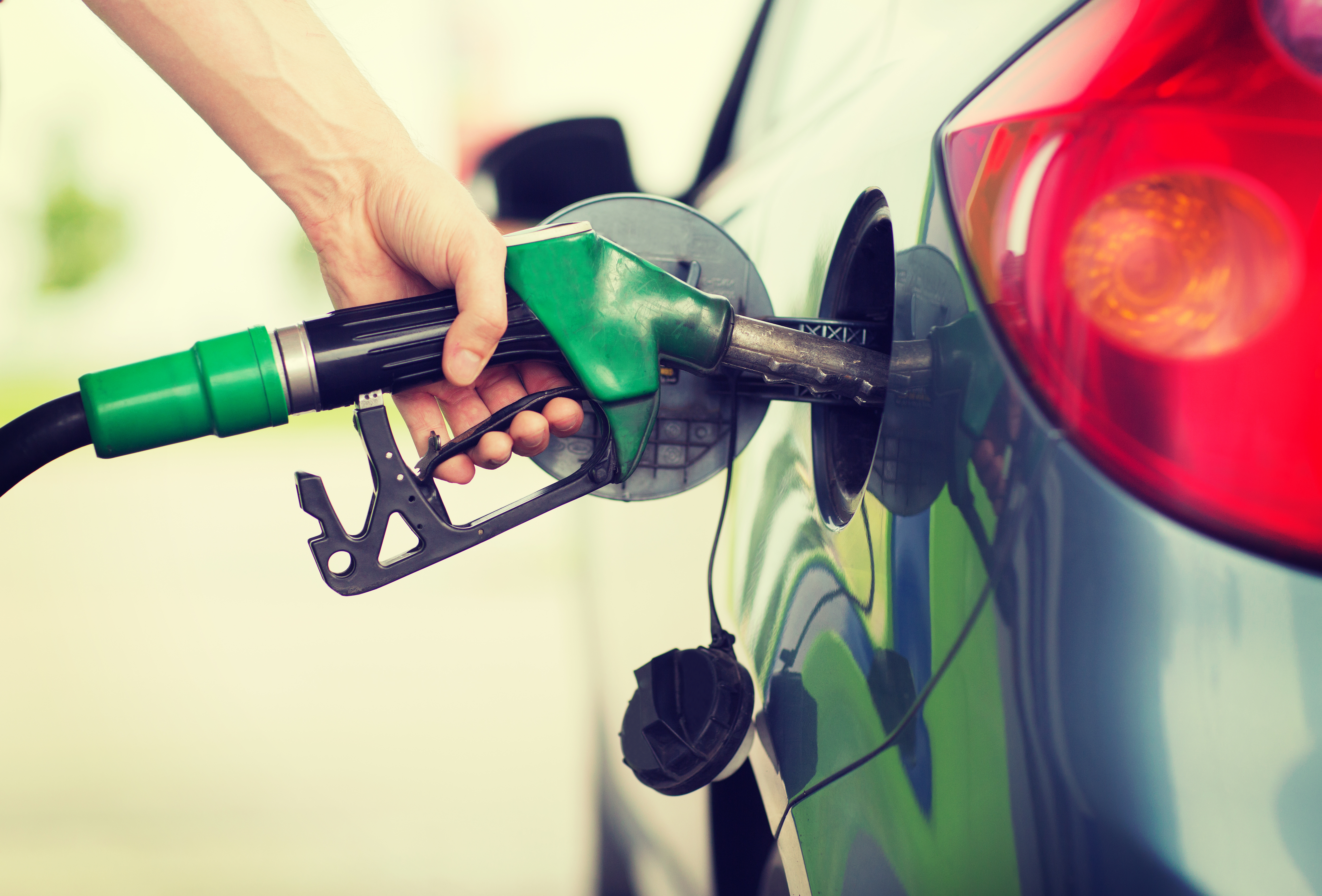Household Bills
What does the oil price spike mean for UK drivers?

The RAC has warned that both petrol and diesel could go up several pence a litre.
Global oil prices have surged by nearly 20 per cent following the bombing of two massive Saudi energy plants over the weekend.
Analysts have warned motorists around the world that petrol prices are likely to rise after the drone strikes which knocked out more than 5 per cent of global oil supply.
The attacks happened on Saturday but the impact on the oil price wasn’t felt until today when the markets reopened.
Brent crude prices are now holding steady at just under 9 per cent up but they surged by 20 per cent up to $68 a barrel early this morning. The last time prices jumped anywhere this high was the 1990 Iraqi invasion of Kuwait.
Looking ahead, oil prices might be affected by a lack of clarity over how long it will take to restore that capacity, and fears of further attacks.
The impact on drivers
At the moment it’s too early to tell whether consumers will see any financial impact from a rising oil price.
In the short term, much depends on how long a spike lasts. Any rise could take weeks to feed through into petrol prices.
In the UK, 40 per cent of the price of a litre of petrol is made up of oil, fuel production and profit. The rest is tax.
RAC fuel spokesman Simon Williams said: “There was an inevitable initial panic-driven surge in the oil price on Monday morning, but the situation then cooled. While the wholesale prices of both petrol and diesel look set to increase by 3p a litre, this doesn’t necessarily mean higher prices at the pumps because retailers only just began to pass on overdue wholesale price savings at the end of last week. At that point the 128p forecourt price of petrol was 7p too high which means retailers should have a cushion to absorb the spike.
“If the barrel price remains high for a sustained period however, it could easily lead to several pence a litre being added to the average price of both fuels. Even after Friday’s 3p supermarket cut petrol is still averaging 127.77p and diesel 131.26p.
“We are hopeful the fact the US is releasing emergency oil stocks and that Saudi Arabia operates a global storage network will mean that drivers here in the UK will not be too harshly affected.”
Good news for investors
Ian Forrest, investment research analyst at The Share Centre, says companies involved in oil production have benefitted from the increase in price. Shares in Royal Dutch Shell are up 2.7 per cent while both BP and John Wood Group rose 3.7 per cent in early trading.
“While that provides some much needed cheer for investors in those stocks, it is too soon to draw any firm conclusions. Despite the lift for oil stocks the market overall was down, which perhaps reflects concerns that if there is a shortage of oil for any length of time, and the price remains high, it would further weaken an already fragile global economy,” said Forrest, “There is still some uncertainty about who was behind the attack, and striking such an important facility is likely to lead to a strong response from the Saudis which could raise tensions further. The US has taken steps to release oil from its strategic reserve, but the oil price is likely to remain volatile for some time so investors should tread carefully.”